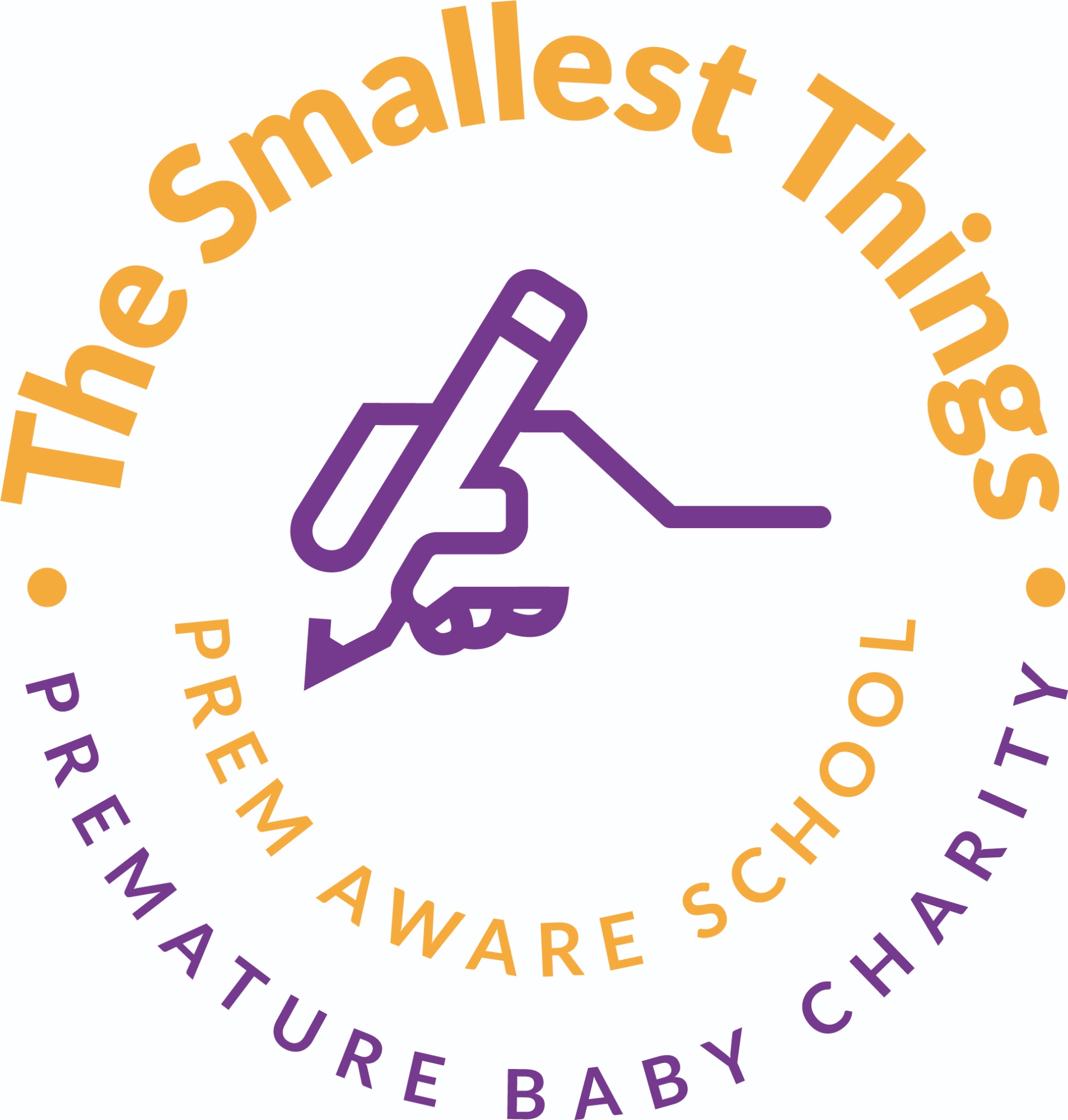Learning Approach
Our lessons are structured, beginning with whole-class exploration and direct teaching, before focused group and individual work, enabling the children to practice the skills that they are learning. Teachers and Learning Assistants work with a different group each lesson, to ensure that all pupils work in a focus group each week with their teacher.
We use a range of learning strategies to support all learners, including making links to previous learning and introducing new content in small steps; using talk partners to share ideas and think out loud; rehearsing worked examples together and practising together before the children are asked to work on their own. We set targets; we monitor and track children’s progress. We use marking and feedback to inform our next lessons, so that we respond to what learners need. Teachers assess children’s attainment individually, in groups and as a whole class. Children’s work is sampled and assessed on a regular basis.
Children have differing abilities. We match learning activities to their ability, ensuring that there is challenge in every lesson, regardless of a child’s ability. We use intervention groups to scaffold learning, provide additional support and repetition and move children on to the next stage of their learning.
We believe that children learn from quality, first-hand experiences. We use our outside learning areas whenever possible and involve school visits, visitors and interactive resources to enrich our teaching.
Impact: how do we know how much the children have learnt?
We use observation to assess how much each child has learnt. By talking with the children, observing how they approach a practical activity and responding to their written work, we can see to what extent they have understood a key concept or have developed a skill. We give feedback to the children while we are working with them, to help them improve the quality of their work within the lesson. In this way, we mark the children’s learning as they complete it, so that we can give feedback as to how to improve it whist they are working and allow them to correct any mistakes they have made. This means we can identify any misconceptions and correct their understanding.
We use Scholar Pack to record our assessments in Reading, Writing and Maths. Following a Baseline assessment at the beginning of the school year, we capture Teacher Assessment at Check Point 2 (Christmas), Check Point 4 (Easter) and Check Point 6 (July). We use Pupil Progress Meetings after Baseline and at the end of each term to identify any pupils who are falling behind expectations and plan intervention work to help them catch up, setting short-term targets for them to achieve. Similarly, we recognise any children who are working at Greater Depth and how we can support them to continue working at that level. We track each child’s progress.
We use lesson observations, Book Looks, Behaviour Walks, discussions with pupils and with teaching staff to monitor teaching and learning in our school.



